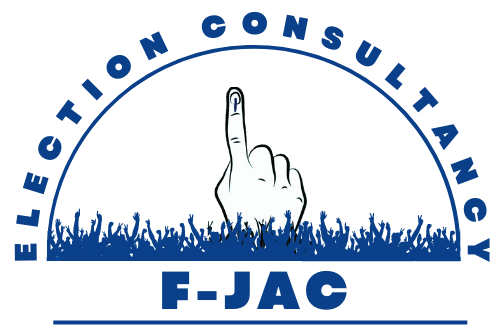Protests have long been a cornerstone of India’s democracy, serving as a powerful tool for citizens to voice their dissent and demand change. The recent Bharat Bandh, organized by SC/ST groups in Bihar, highlights the ongoing significance of these movements, particularly in the context of reservation policies.
Why Protests Matter in a Democracy
In any democracy, the right to protest is fundamental. It allows citizens to express their dissatisfaction with government policies, ensuring that those in power remain accountable. In India, protests like the Bharat Bandh symbolize the strength of democratic principles, where even the most marginalized groups can rally for their rights. This particular bandh saw disruptions across Bihar, with protesters blocking roads and railways to draw attention to their concerns about reservation policies.
Historical Context: Reservation-Based Movements in India
India has a long history of reservation-based protests. One of the most significant was the anti-Mandal Commission protests in the 1990s, which erupted when the government decided to implement the recommendations of the Mandal Commission, reserving 27% of government jobs for OBCs (Other Backward Classes). The movement saw widespread protests, particularly among upper-caste students, leading to significant political and social upheaval.
Similarly, the protests in 2006 against the introduction of reservations in higher educational institutions for OBCs highlighted the deep-seated divisions in Indian society over affirmative action policies. These movements, while often controversial, have played a crucial role in shaping India’s approach to social justice and equality.
The Impact of Reservation-Based Protests
While such protests can be disruptive, they are crucial for highlighting the concerns of marginalized communities. The Bharat Bandh in Bihar, for instance, not only brought attention to the specific grievances of SC/ST groups but also sparked a broader debate on the future of reservation policies in India. These movements serve as a reminder that in a democracy, every voice matters, and the fight for equality and justice is ongoing.
Moving Forward: The Need for Dialogue
As India continues to grapple with issues of social justice, it is essential to foster dialogue between different communities and the government. Protests, while necessary, should be accompanied by constructive discussions aimed at finding lasting solutions. Only through such engagement can India hope to build a more inclusive and equitable society.
Conclusion
Protests like the Bharat Bandh are a testament to the vibrancy of Indian democracy. They ensure that the concerns of marginalized communities are heard and addressed, keeping the spirit of democracy alive. As India moves forward, it is crucial to remember that the fight for social justice is far from over, and continued vigilance and engagement are necessary to ensure that the rights of all citizens are protected.

